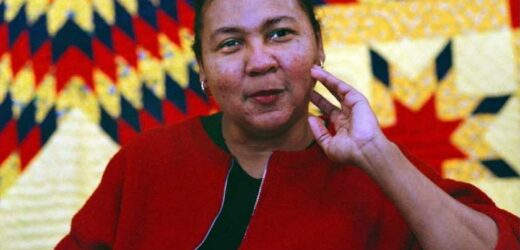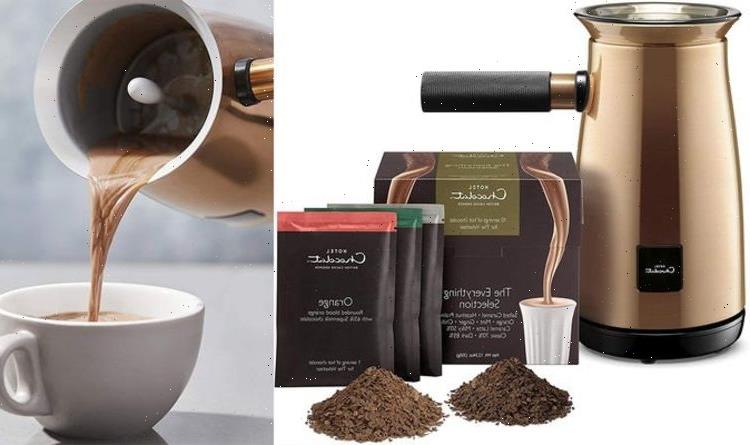Written by Magdalene Abraha
As we grieve bell hooks who died at her home in Berea, Kentucky, on Wednesday (15 December), writer and publisher Magdalene Abraha reflects on the trailblazing feminist thinker’s legacy and her impact on a generation of Black women.
As an academic, radical feminist, poet, author, philosopher and so much more, bell hooks’ work flipped notions of love, feminism, capitalism, masculinity and creativity upside down, recreating them with refined clarity and depth. She would apply this formula to all she spoke and wrote about, doing so with infectious wit and intentionality.
She chose not to capitalise the spelling of her name because she wanted people to focus on the substance of her work as opposed to her personal identity. It was also a means to pay respect to and distinguish her from her grandmother, also named Bell Hooks.
One of my early interactions with hooks’ work was many moons ago when I started a music blog documenting hip-hop, lyricism and the genre’s relationship to Black women. hooks’s sophistication in understanding human emotion, need and love specifically as it pertains to Black women was unlike anything I had come across.
In so many facets of my own work, I quoted the magical language of hooks and I was not alone in doing so. Her words gave so many of us solace and power, and because of this, they can be found in dissertations, articles, posters, films, poetry, social media posts all across the world.
Much of hooks’ genius lay in her ability to unpeel and interrogate complex notions of the human condition; showing us that we could look at them in a more daring, ferocious and often freeing way. She did this in a contemporary and accessible manner, appealing to the masses in a way that made many feel seen.
It is because of this wide-ranging accessibility that when we scope out the development of digital feminism – from tumblr to Twitter all the way to Instagram – much of it can be traced back to her works.
Much of her teaching was rooted in healing, vulnerability and community – she encouraged us to say yes to ‘the self’. She spoke openly about how cultures of domination have taught us to think of power as outside of ourselves, urging us to shift our perspective and look at power from within.
She articulated the gentle nuances between things we often confuse like love and care or fantasy and imagination – giving us new offerings every time, digging deeper and giving us the language to do the same.
hooks asked questions about Black women that were rarely asked, often in the realm of self-care, self-love and value. For many Black women who interacted with her writing, she pushed us to speak truth to our tenderness, pain and power, even if it made us feel uncomfortable. She was our trusted keeper and life instructor.
hooks was known for her assessment of the livelihood of Black women, forcing the expansion of feminist movements of her time beyond the white middle-class lens it was fixated on. Her teachings led to her being the object of vitriol but she never stopped, choosing to always speak about what she ardently believed in.
She once said: “I want my work to be about healing.” And it was.
hooks dedicated her life to exploring love and its miseducation. Teaching us that love is a verb, the upkeep of which requires active work. She reminded those who interacted with her work that love could not exist in the same paradigm as abuse and domination. Pushing us to love freely, reminding us that this starts from ourselves first.
Today when we speak of Black joy, self-care, spirited emotions and love – we must remember how bell hooks played a huge role in teaching a generation to centre these ideals as radical praxis. Her legacy was love – of self and others. And the kind of love hooks spoke of seems more timely now than ever as we continue to navigate the reality of the pandemic, global tragedies and what 2022 may have in store for us.
hooks’ lectures, writing and interviews are waiting for us to sink into them.So as we reflect on her loss and unquantifiable contribution, we should do so in the bell hooks way.
Magdalene Abraha is a writer and publisher. She is the creator and publisher of the series A Quick Ting On.
Images: The Washington Post/Getty
Source: Read Full Article


